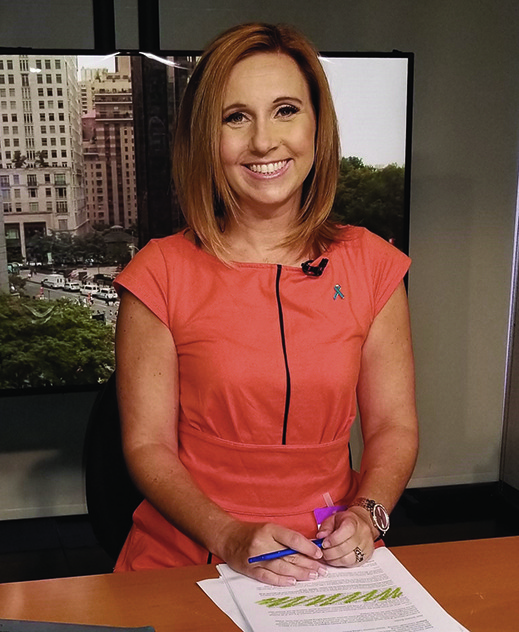
Patricia Teffenhart sucessfully advocated for 2015 legislation that increased access to protective orders for survivors of sexual violence. Courtesy of NJCASA
It took high-profile cases involving the likes of Harvey Weinstein and Bill Cosby to draw national attention to the ongoing issue of workplace sexual harassment and abuse. The issue hit home in New Jersey in October 2018 when Katie Brennan, who had worked on Phil Murphy’s gubernatorial campaign, came forward with allegations that she had been raped by a fellow staffer during the campaign.
Spurred by such incidents, the long-overdue #MeToo movement has moved the needle on social, legal and cultural change. However, more needs to be done, says Patricia Teffenhart, executive director of the New Jersey Coalition Against Sexual Assault (NJCASA). Here’s her perspective on what remains to be done to protect and advocate for victims of sexual abuse and harassment.
[RELATED: Author Meghan Daum on Trump-Era America]
Is New Jersey moving in the right direction on increasing sexual-harassment awareness?
It’s been a hot topic, particularly in the realm of government and politics. What’s interesting to note, as a woman involved in politics and as a lobbyist in Trenton: I haven’t found one female colleague who was surprised by the reports we’ve been following. So I’m hoping that, by putting this in the spotlight, we’re able to address the issues of safety, equity, access, power and control, so that we can create a safer New Jersey for everyone.
How have high-profile cases changed public perception of sexual harassment?
Cases like Harvey Weinstein, Jeffrey Epstein and Bill Cosby demonstrate very clearly how challenging it is for survivors to get justice. Why is it that one survivor’s complaint isn’t enough? Why does it take an avalanche of survivors’ stories for the reports to be taken seriously? We don’t need to look as far as Hollywood, though. Look at Katie Brennan. What all of these cases show is that the system does not work for most survivors.
How are businesses changing the way they confront cases of sexual harassment?
When we work with our colleagues in the business community, we try to take the conversation beyond the principles of legal compliance and shift more toward a dialogue about why it matters, and to come to an understanding that we’re all charged with creating safer, more equitable work environments.
What roles have our elected leaders played in addressing sexual harassment issues?
Last September, we worked with the state Division on Civil Rights to hold a series of public forums to discuss the issue of sexual harassment at work, in housing, and in places of public accommodation. We released our report and policy recommendations with the introduction of legislation sponsored by Senator [Loretta] Weinberg just last month. Through this, we’re furthering our protections to domestic workers, expanding the statute of limitations for filing a complaint, increasing requirements for training, and expanding oversight and accountability. These are great first steps to addressing these issues. Lieutenant Governor Sheila Oliver has also played a significant role in Senator Weinberg’s workgroup … Having New Jersey’s two most powerful women leading the charge for a new day in politics is incredibly powerful.
